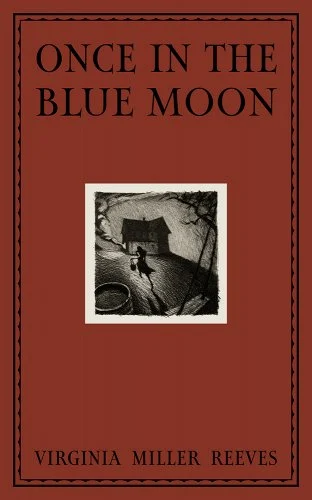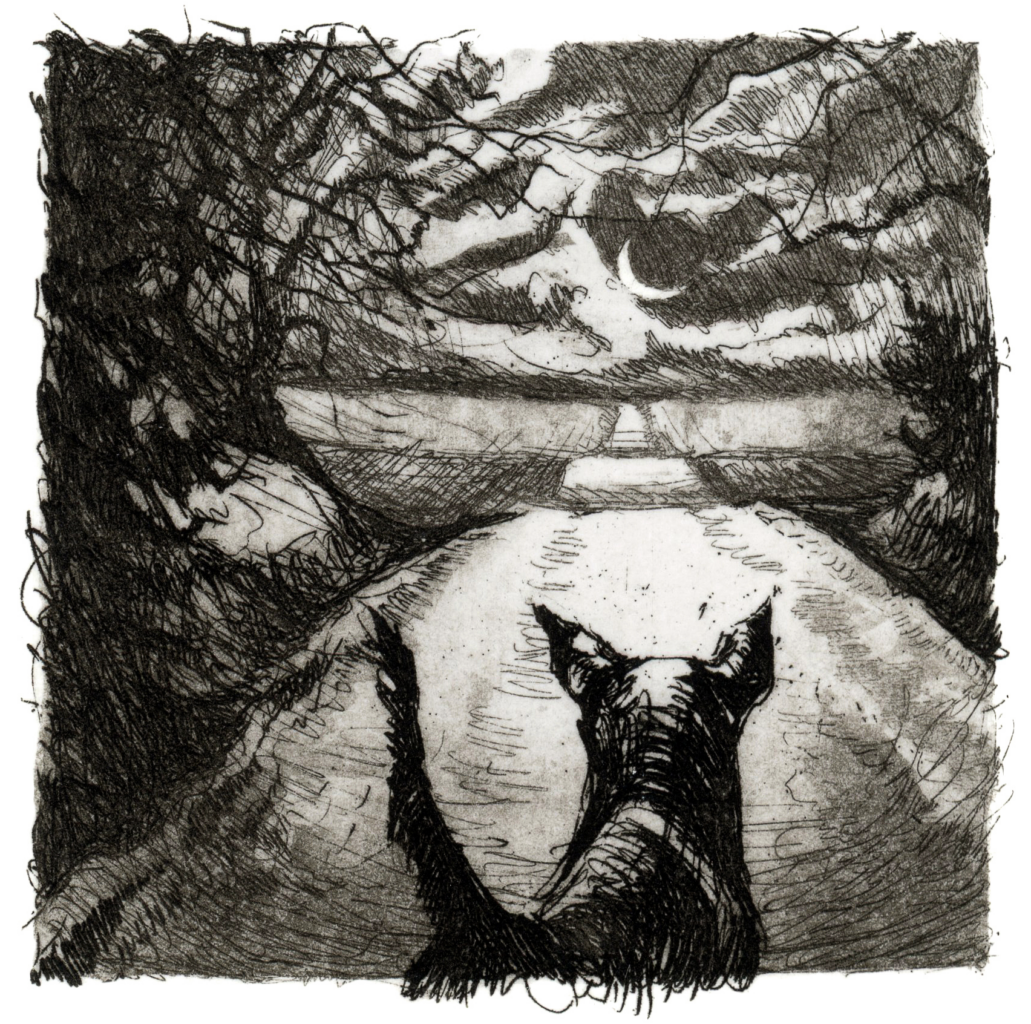
Wiley’s silky voice and jangling guitar rang clear in the bacon-scented hubbub of our kitchen, the station tuned to WKY in Oklahoma City. The Truetone radio, wired to an automobile battery on the floor under the buffet, gave us some lively music on this freezing January morning.
“This old radio is the best thing we own. But I sure wish electricity would come out to the farms,” I said.
“Just give it more time, Maggie. I bet when this war is over, we’ll get electricity,” Mama said.
“I’ll probably be all grown-up by then,” I grumbled. “You wait and see. I think the war will end this year. Then good times will come for everyone.” She paused, glancing through the window. “Looks like snow. Better bundle up and get going.”
“I can’t fasten my boots,” I whined, after my third try. Mama leaned over and quickly snapped them shut making sure my leggings were tucked tightly into what she called my galoshes.
“In the Oklahoma hills where I was born . . .” Celia sang along with the radio music. She seemed exceptionally happy, even volunteering, “I’ll carry your dinner bucket, Maggie.”
 Drawing by Kyle Hobratschk.
Drawing by Kyle Hobratschk.
Celia was older than me and her brown-black eyes were just like Mama’s and Great-Grandmother Caroline Pate’s. She could already drive the tractor and milk the cows. It was clear her heart, like mine, belonged to Daddy. Celia always defended Daddy whenever Sarah was angry with him, which lately was a lot. Celia pretended happiness better than anyone I knew.
I grinned at her. Now, if Daddy went with us, I could help with the lantern. But some mornings, he just stayed in the rocker staring into space, his energy and good nature drained. On those mornings, I worried, and agreed with Sarah when she complained, “If Mama doesn’t do something soon to stop his drinking, we’ll lose this place.”
But Daddy was putting on his overcoat and cap! He was coming with us, even after the terrible night before. As we were leaving the warm kitchen, the announcer ended the program with his usual “aw-re-vore.” It was his Oklahoma version of the fancy French “au revoir” and hearing it meant we were right on time to head for our bus. On days when the radio battery was dead and the radio silent, we said it for him. Mostly though, we said it for ourselves. Farewell until another morning in this kitchen—until tomorrow morning, and hopefully every day thereafter.
It was still a night sky. The lantern’s glow lighted our little procession, guiding us to the red dirt road. Looking back at the house, I saw Teddy run under my rope swing in the cedar thicket, setting it in motion as if it were a summer day.
I waved goodbye to the windmill. It was a tall skeleton guarding the house and the barnyard. In warm weather I climbed to the top to look out over our fields and pastures. No matter where I looked, the horizon was flat red dirt, except below the barn where trees bordered our creek. Some people said, Oklahoma, home of the red man and red dirt. Red like my short little pencil that I’d hidden in my keepsake box. I suddenly remembered it and hurried to catch the others.
“No wind,” said Daddy.
“Doesn’t feel so cold when the wind’s gone, does it?” Sarah, my oldest sister, added, giving a whistle to Teddy.
Teddy escorted us down the long road to the four corners each morning and waited until we were inside the yellow school bus before heading home. Mama always said, “I can tell the time of day by Teddy. He leaves the porch at exactly the same time each afternoon to meet the bus and bring you girls home.”
Teddy and I usually explored the steep banks alongside the road on our daily jaunts to and from the school bus. Sometimes if I found a treasure—a feather, an odd-shaped rock, a tiny bone, or a bird’s nest—I’d keep it in our corner mailbox to be rescued after school.
But the darkness of this winter morning and my itchy wool leggings made any adventure too much work. Even for Teddy. He just trotted beside us, ears pointed, listening, as if guarding our every step.
Celia noticed first. “Snowflakes. Look, it’s snowing!”
The flakes were big as nickels. By the time we reached the four corners, the ruts in the road were filled with white. A lone crow cawed deep in the woods, interrupting the stillness. When we saw the headlights from the bus come over the top of the hill, Daddy placed the lantern on top of the row of snow-covered mailboxes and lifted me to blow out the flame.
I gave him the tightest hug I could. A whisker tickle from his handsome face felt somehow reassuring. Most winter days he smelled of coffee, Old Spice, and tobacco. I knew in summer his smell would be completely different: wheat, hay, and his favorite crop, cotton. This morning, Daddy’s glistening blue eyes were not like his wild drinking eyes, and his voice was soft and embarrassed. I remembered his sharp, shiny knife cutting into my pencil again and again last night and I shuddered. I was afraid that his weakness, that scary part of him, could ruin everything.
I climbed on board and took a front window seat near Elmer, our driver. As the bus lurched forward, I watched Daddy’s lonely silhouette follow Teddy, then disappear into the snowy dark woods of the north pasture.
__________________________________
From Once in the Blue Moon by Virginia Miller Reeves. Used with permission of the publisher, Deep Vellum Publishing. Copyright © 2024 by Virginia Miller Reeves.


